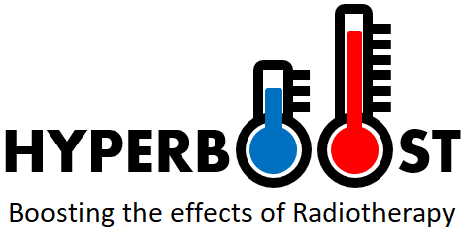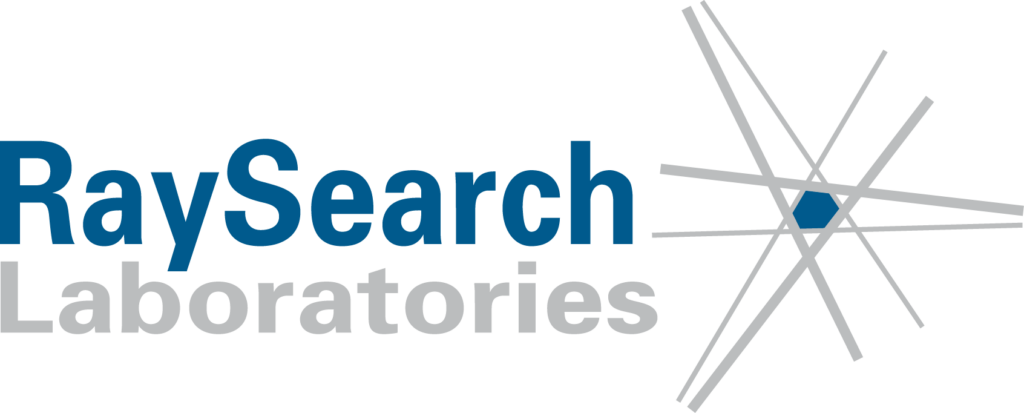Institutions
[Under construction]
Beneficiaries:
(click on the logo to go to the public website)

The Amsterdam University Medical Centers, location AMC
One of the largest hospitals and foremost research institutions in the Netherlands with over 8000 employees, and part of the University of Amsterdam. Some 1500 staff members are fully or partially employed in medical research. Oncology, one of the 8 research themes of AMC, is embedded in the Cancer Center Amsterdam, one of the largest European cancer research institutes, established jointly by AMC and Free University Medical Center in 2016. The AMC houses high quality core facilities including an animal house, lab for Genome Analysis and Oncogenomics, Cell sorting, Van Leeuwenhoek Center for Advanced Microscopy, In vivo optical imaging, Proteomics facility, Metabolomics facility, Biobanking.
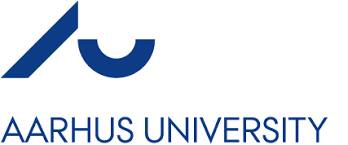
Aarhus University
Founded in 1928, it has 38,000 students; about 1,800 PhD students – of which one in four has a foreign nationality – and close to 700 postdoctoral scholars together with 8,000 employees. The University has four faculties covering the entire research spectrum – basic research, applied research, strategic research, and research-based advice to the authorities. Currently, Aarhus University ranks among the top 100 universities in the world on several of the internationally recognized world ranking systems.
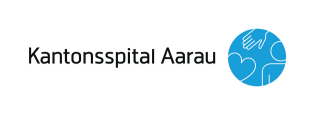
University of Zurich / Kantonsspital Aarau (KSA) KSA is the largest hospital in the Canton of Aargau and, with the university hospitals, one of the largest central hospitals in Switzerland. General internal medicine at the KSA has had the status of a university clinic since 2010. The KSA has a first-class medical-technical infrastructure, conducts active research and is an important further training facility for prospective medical specialists. Medical services range from basic care to specialized to highly specialized medicine. In >30 treatment and diagnosis centers, ~4,600 specialists from diagnostics, medicine, nursing, therapy and other professional areas are responsible for >28,000 inpatient and >520,000 outpatient treatments every year.

Universitätsklinikum Erlangen
At our Department of Radiation Oncology of the Universitätsklinikum Erlangen we offer the entire spectrum of modern radiotherapy and multimodal radio-oncological therapies from one source at the highest level. Clinical aspects of radiation oncology are predominantly examined within phase I, II, and III trials. The main focus of the Radiation Immunobiology Group is set on how ionizing irradiation alone delivered in distinct fractions and especially in combination with further immune modulation such as hyperthermia is capable of inducing systemic and long-lasting anti-tumor immune reactions.

ZHAW School of Engineering, Zurich University of Applied Sciences
One of the leading universities of applied sciences in Switzerland were about 13’000 students are enrolled in 28 Bachelor’s and 18 Master’s degree programmes, including a double-degree programme with the Washington State University. Two joint PhD programmes, one with the University of Venice in Data Science (machine learning, computer vision) and another one with the University of Zurich and Neuchâtel has been established. The ZHAW is tightly linked with the European Centre for Living Technology in Venice offering strong scientific support in applied statistics, data analysis, computer vision and modelling.

Dr. Sennewald Medizintechnik GmbH
Dr. Sennewald Medizintechnik was founded with the aim of discovering innovative and beneficial cancer therapies like regional and local hyperthermia. Our aim is to help improve the range of products on offer, to support the growth of this proven technology and so increase the survival rate among cancer patients.

Medlogix srl
Medlogix designs, produces and sells innovative hyperthermia systems for oncology, physiotherapy and sports medicine, starting in 2009 with the ALBA ON 4000 device for superficial hyperthermia. Since 2010 they collaborate with several excellent university centers, to develop innovative and technically advanced customized projects in the field of oncological hyperthermia. Medlogix has initiated the project for the construction of the ALBA 4D, the second phased array system for oncological deep hyperthermia in the world, CE marked in 2018.
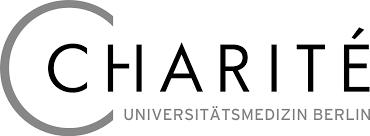
Interdisciplinary high frequency research group working on high frequency modelling (power density- and temperature distributions, patient models from imaging data sets), phantom construction, quality assurance and development of hard- and software for planning and optimization of high frequency-based treatments in oncology. One focus is the development of technical solutions for translational research. The group is associated with the department of radiation oncology and the Charité hyperthermia center.

Chalmers University of Technology in Gothenburg
(3100 employees and 10,000 students) conducts research and education in engineering, science, shipping and architecture at a high international level. With scientific excellence as a basis, Chalmers promotes knowledge and technical solutions for a sustainable world. Chalmers was founded in 1829 and has the same motto today as it did then: Avancez – forward.

The Erasmus MC
An innovative and independent Academic Center for high-quality medical research, education and care. It is the largest medical school in the Netherlands, with 3.600 medical students and 220 PhD graduations. It offers BSc, MSc and PhD programs to train the next generation of medical practitioners and researchers. The hyperthermia group, dept. Radiation Oncology, has a longstanding international recognition for its contribution to clinical implementation of thermal therapies. An active cooperation exists between the depts of Radiation Oncology and Radiology.

The Max Delbrueck Center for Molecular Medicine (MDC) One of the world’s leading research institutes in life sciences and member of the Helmholtz Association of German Research Centers. Work of MDC’s ~65 research groups focuses on 3 main topics: 1. Genes, Cells and Cell-based Medicine, 2. Molecular Processes and Therapies, 3. Integrative Biomedicine with biomedical imaging being a cross-cutting area across all three topics. MDC conducts basic biomedical research to understand causes of diseases on the molecular level with a mission to translate discoveries into practical applications, aiming at disease prevention, diagnosis and therapy.
Partner organisations:

ESTRO, the European SocieTy for Radiotherapy & Oncology, is a scientific non-profit organisation whose ambition is to further reinforce radiation oncology as
a core partner in multidisciplinary cancer care and to guarantee accessible and high-value radiation therapy for all cancer patients who need it. It’s mission is to promote education, science, research and advocate for access to radiotherapy and with >7,600 members in and outside Europe it supports all the radiation oncology professionals and the wider oncology community in their daily practice.
Keywords
radiotherapy; radiation oncology
Contact person: Eralda Azizaj, Senior Manager Science Unit
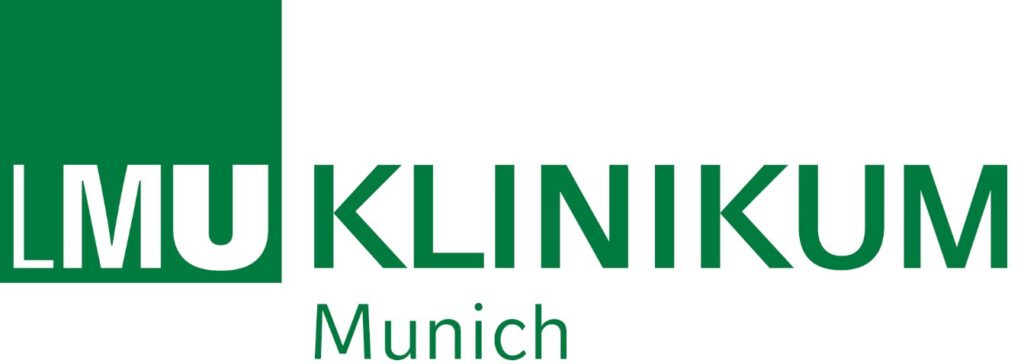
The LMU Klinikum Munich is one of the largest and most efficient university hospitals in Germany and Europe. 48 specialized clinics, departments and institutes with around 11000 employees provide excellent research and teaching and enable interprofessional and interdisciplinary patient care at the highest medical level.
The hyperthermia group of the LMU Klinikum is internationally recognized for its application of loco-regional hyperthermia for the treatment of localized high-risk Soft Tissue Sarcoma. It was the first group worldwide implementing non-invasive MR thermometry in clinical hyperthermia treatment
